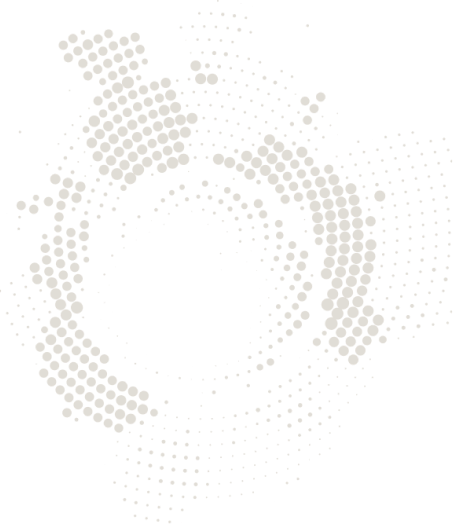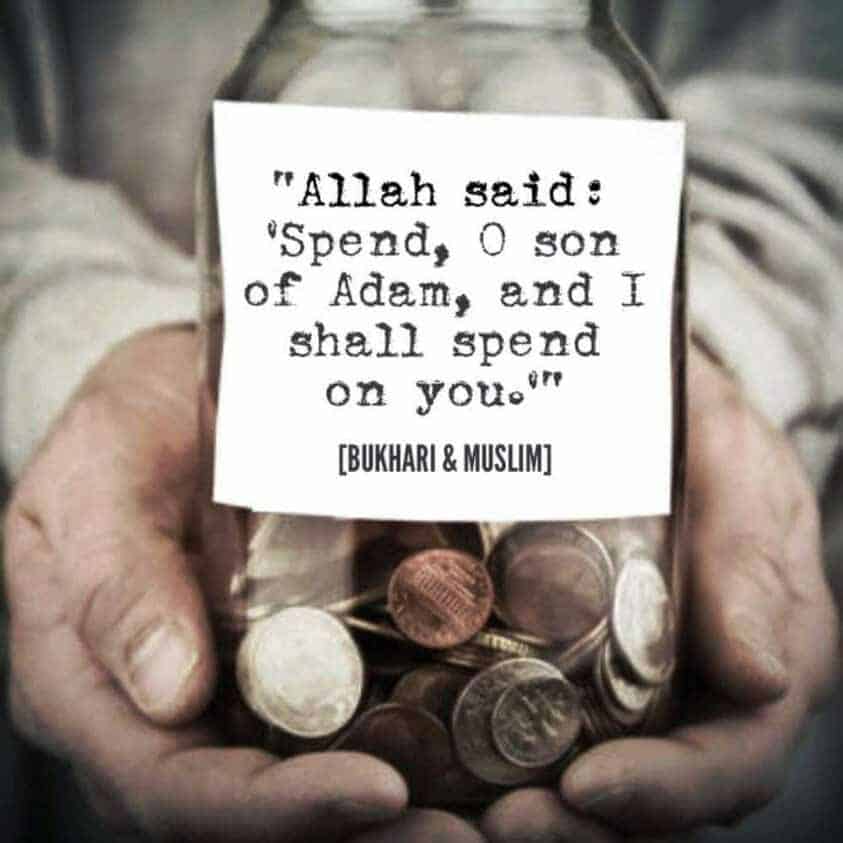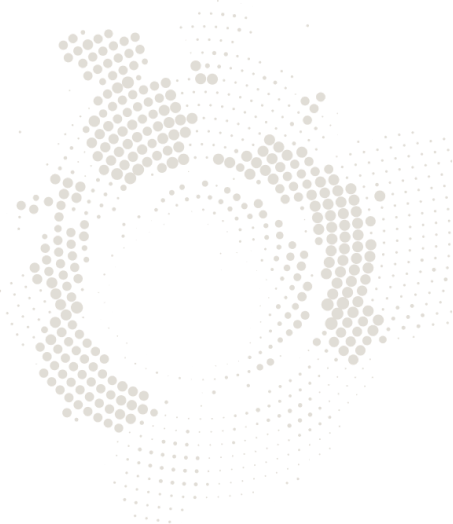ZAKAT-UL-FITR
“The wealth of a person does not decrease by paying Zakat.”
Zakat, one of the Five Pillars of Islam, serves numerous critical functions in supporting and uplifting communities. Primarily, it provides financial assistance to the poor and needy, ensuring their basic needs such as food, shelter, and clothing are met. It also funds educational initiatives, empowering individuals through learning and skills development. Additionally, zakat supports healthcare services, helping those who cannot afford medical treatments
It aids in debt relief for those burdened by significant financial obligations and contributes to public welfare projects like building infrastructure and improving living conditions. Through these multifaceted uses, zakat fosters social equity and community well-being, aligning with its purpose of promoting economic justice and compassion.


WHO IS ELIGIBLE FOR
ZAKAT ?


